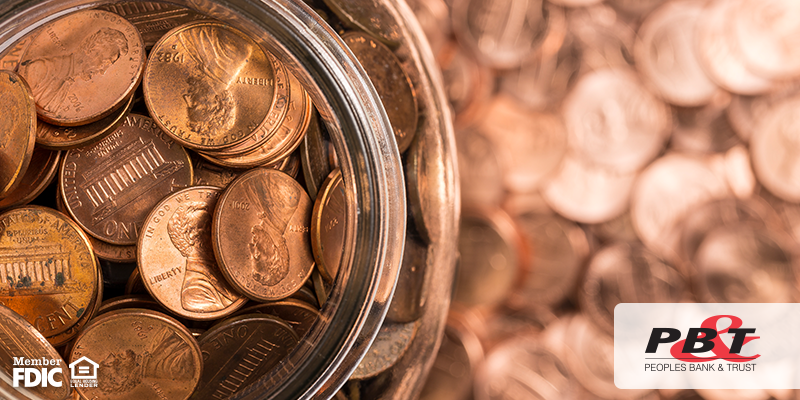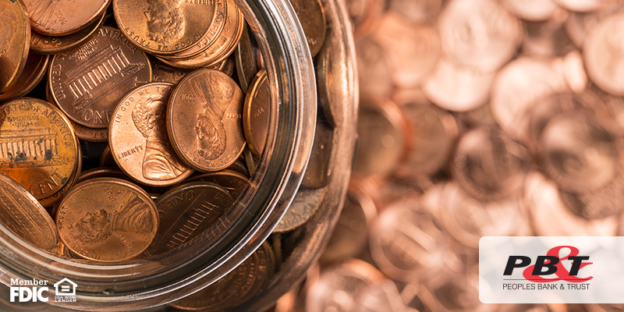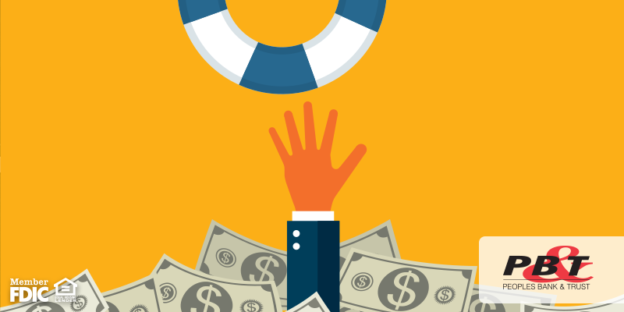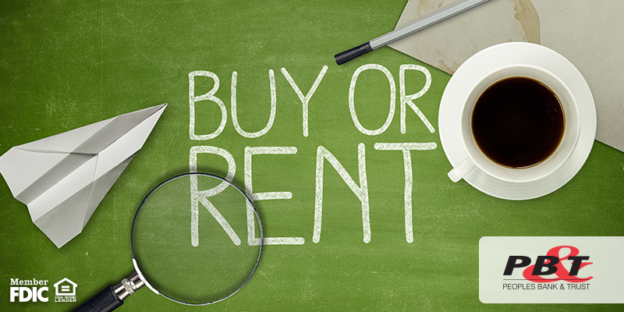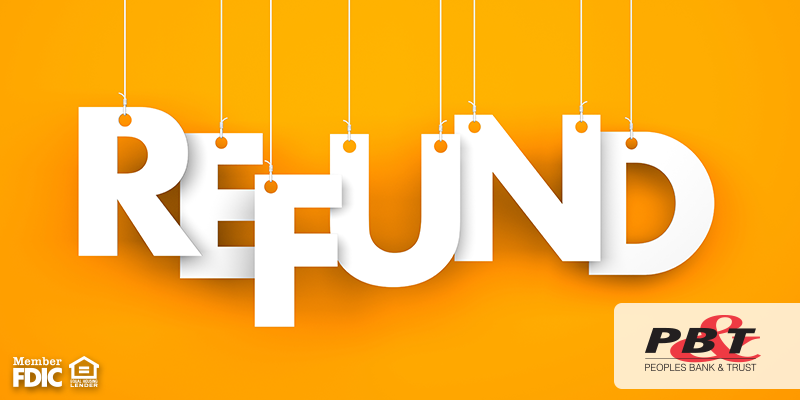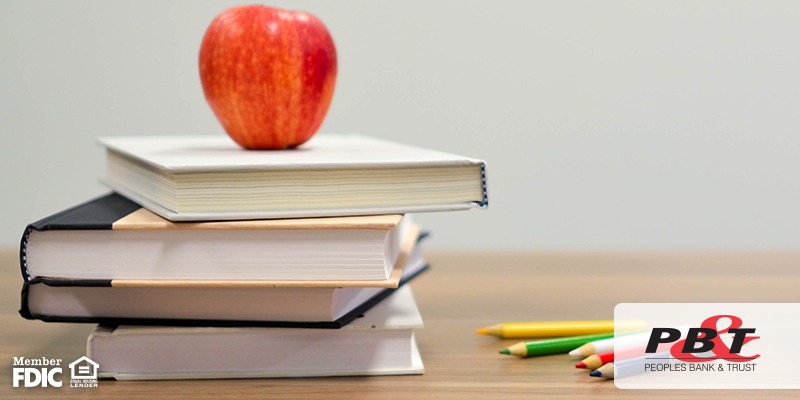
Back to school shopping can be dreadful. Trying to buy new school supplies for your kids or yourself can be crazy expensive. Luckily, these 5 saving tips might just be the key to school supply shopping success.
Do a Closet and Supply Sweep
Don’t be alarmed, but there may be school supplies lying around your house! Before rushing to the store to buy brand new school supplies, you may want to check in between your couch cushions and in desk drawers. By doing this, you may find school supplies that were bought years prior that have not been used. Finding previous school supplies that are on that list will help you save money by not having to buy brand new products. You may have most supplies already!
To avoid forgetting that you may have school supplies lying somewhere around the house, start collecting the items that you already have and put them in a central location. This will allow you to keep track of what you already have, so you don’t end up wasting time or money!
Hit up the Dollar/Thrift Store
You don’t have to buy everything here, but for items such as: loose leaf paper, staplers, erasers, pencils, rulers and clothes, you sure could get a deal. Buying such items at the Dollar Store or Thrift Store will help save you money before going straight to the major department stores. Shop at these places first for basic supplies and then go to the main stores to find the rest of what you need! This may take some planning ahead, but you can score some amazing bargains.
Use Coupons
When school starts approaching, you may want to look at your Sunday paper or online for coupons! Sites like RetailMeNot have a special section on their site for school supplies. Also, keep in mind that stores, like Walmart, offer price matching. Check ads every week, and keep an eye out for sales! Doing these things should help maximize your savings.
Start Early!
You can start early, but not too early. As soon as you see school supplies go on sale, begin shopping. If you wait too long, you might miss out on those bargain deals or the opportunity to have the best notebook and pencils! Getting a jump-start gives you time to shop around and compare deals. With shopping early, you have the option to buy in bulk. That way during the school year, you’ll have back-ups at home when it’s time to re-stock.
Hold off on buying the ‘popular’ gear
The only good thing about going back to school might be the new clothes, gear and school supplies, but that does not mean you have to spend hundreds every year. Most of the time the ‘popular items’ will be very expensive and then become not so ‘popular’ after the first month of school, so hold off on buying those and try to invest in the quality of items. You want to be able to get the best bang for your buck!
We hope these 5 tips will grant you success when shopping for school supplies! We wish you and your family the best for this school year!
Peoples Bank & Trust Co.
Member FDIC
Equal Housing Lender


